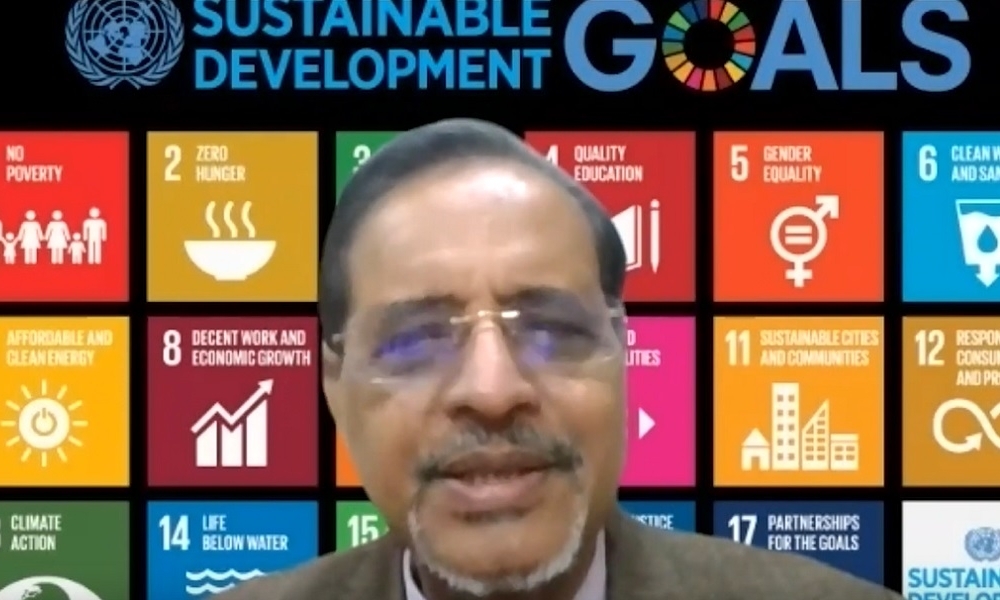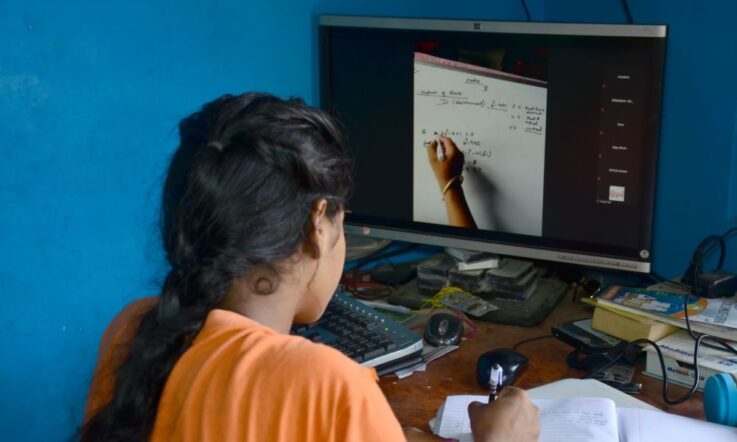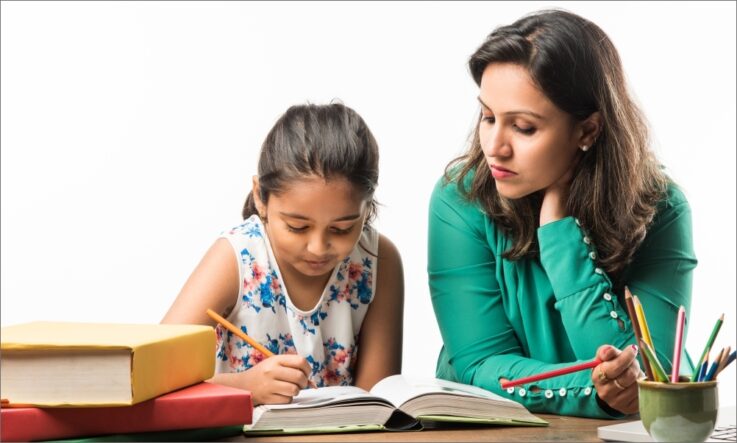Global Citizenship Education (GCED) is one of the targets of the United Nations Sustainable Development Goal 4. In India, the National Education Policy 2020 recognises the need to integrate GCED into school curricula and pedagogies.
Ashok Pandey, former Director, Ahlcon Group of Schools has been directly working with private schools in India to explore practical ways of implementing GCED. He believes that working on the SDGs is valuable for preparing students for future careers as sustainable development is deeply intertwined with business objectives of the 21st century.
At Ahlcon, Pandey organised the first SDG festival on 25 September 2017, and since then the school celebrates the anniversary of the adoption of SDGs every year. Last year, more than 70 schools participated in the event to discover ways of promoting SDGs in schools, including GCED.
While Pandey was leading the Delhi-based National Progressive Schools’ Conference – which has almost 195 private schools as members from across India – he introduced SDGs/GCED to its members in 2015-17 through a national conference ‘A Learning Revolution for Sustainable Development Goals’.
‘The GCED program for any school needs to be a whole school program. And therefore, it must be across the classes, across disciplines. School leaders need to chalk out the vision, agenda, purpose, and objectives. And then they need to create a strategic initiative group which will be part of the core leadership group, train members, and then bring the teachers to drive the GCED program,’ Pandey tells Teacher.
Partnerships with non-government organisations enabled Pandey to work in collaborative GCED programs for schools. As part of the Council for Global Citizenship Education of the Global Citizenship Foundation (GCF), Pandey has made contributions to the development of:
- a contextualised whole-school integrated approach and framework for implementing global citizenship education in traditional K-12 schools;
- 100 Acts of Global Citizenship – a project-based challenge for young people;
- training modules for educators for the implementation of GCED; and,
- alternative pedagogies to teach GCED-related competencies.
School-based GCED strategy
The GCED project at Ahlcon International School was developed in collaboration with the GCF. A yearly plan was created for community outreach in sync with SDGs focusing on themes such as concern for the environment, commitment to sustainable development, peace and conflict, and self-awareness.
Constituting the Strategic Initiative Group (SIG) |
Eighteen teachers, including team leaders, formed the SIG, and the school principal chaired all meetings. Three key committees were leading the program: Curriculum Development Committee (SID-CDC): The key role of this committee was to plan, design, develop, and implement one lesson for the community outreach unit. Continuous Professional Development Committee (SIG-CPDC): The committee has an essential role in planning, designing, developing, and implementing capacity-building workshops for all educators. 100 Acts of the Global Citizenship Mentor's Committee (HAC): The key responsibility of this committee was to motivate, mentor, and guide the students in planning and implementing student-driven projects using the Project-Based Learning (PBL) framework. |
SIG meeting and agenda |
The SIG met regularly to monitor the progress of GCED implementation. Key matters discussed included the orientation of the strategic initiative group about the GCED program and its role; the formation of the 3 committees and their roles; and the selection of themes, and finalisation of the annual calendar. |
Identifying GCED activities |
A detailed implementation plan was developed covering topics such as Carbon Footprints; Road to Sustainability; Garbage Management; Slow the Flow − Save H2O; Inevitability of Conflicts; No Justice, No Peace; Conflict Resolution; and Self-Awareness. |
Defining Student Learning Outcomes |
Students will be able to: 1. Describe behaviour through any 5 personal strengths and weaknesses on the A3 Size Sheet. 2. Examine how their behaviour affects people through a case presentation on the A3 Size sheet constructively. 3. Formulate various strategies to strengthen their weaknesses through a ‘Think about it’ Questionnaire. To achieve these outcomes, several approaches were designed, including project based and group-based tasks. |
Designing situation- based activities |
One day you forgot your bottle in the classroom. When you went back to the class, you saw 2 of your friends bullying a junior. When you tried to enquire, they told you that it was just a prank and a way of socialising with youngsters. These people have been your close friends for a long time. How will you choose to act further? |
Developing an assessment rubric |
1. What knowledge has the student gained? (Cognitive) 2. What is the student’s attitude towards the issue/situation? (Socio-emotional) 3. What is the action taken by the student? (Behavioural) |
Appreciation |
Themes and issues were discussed to understand the values imbibed by students. If global citizenship competencies were identified, students were appreciated by the teacher. |
Reflection |
Situational statements were given to students and students shared their views/reflections. |
To gain a deeper understanding of the concept of GCED, its implementation in schools, and how you can develop GCED activities, view our video chat with Ashok Pandey on Teacher’s YouTube Channel:
WATCH VIDEO
How are you integrating global citizenship education into your own school curriculum?
As a principal, are you taking a whole school approach to global citizenship education?



